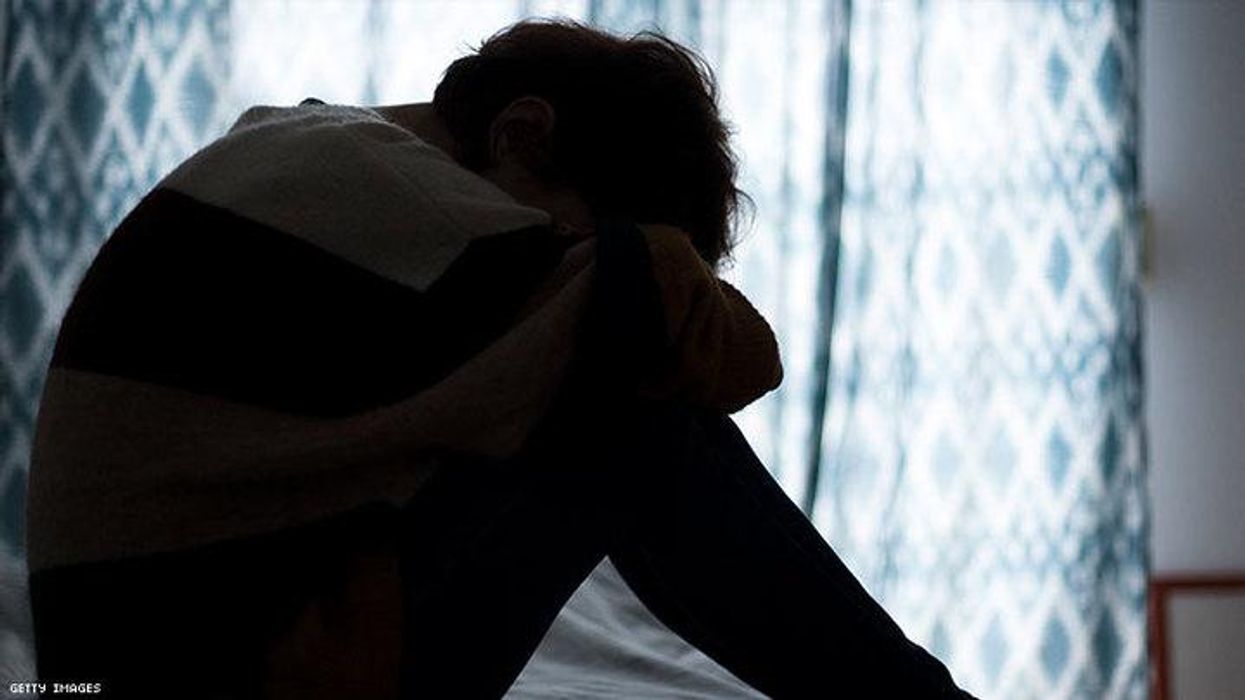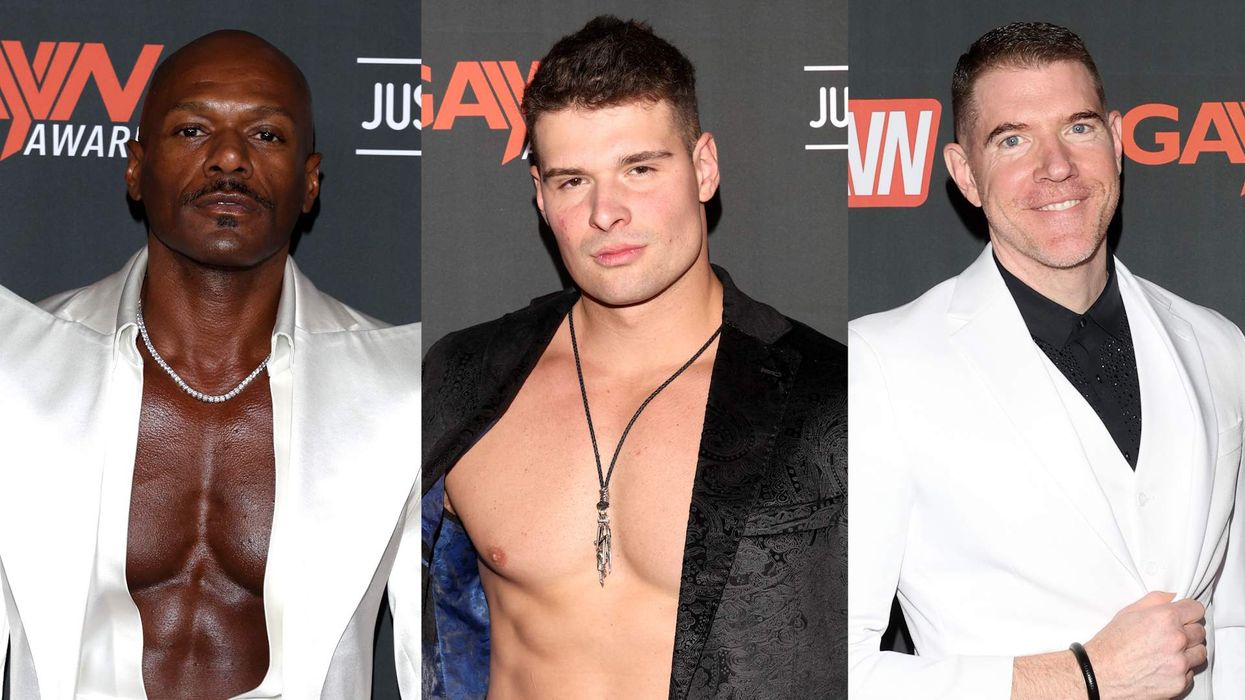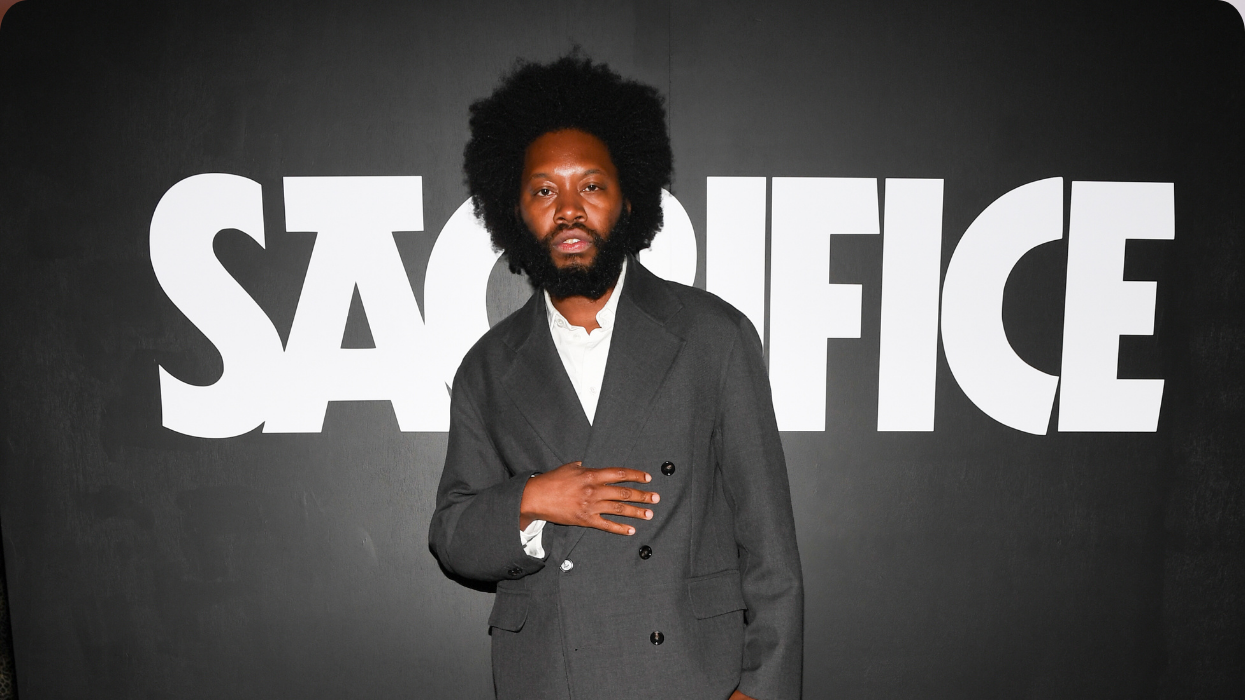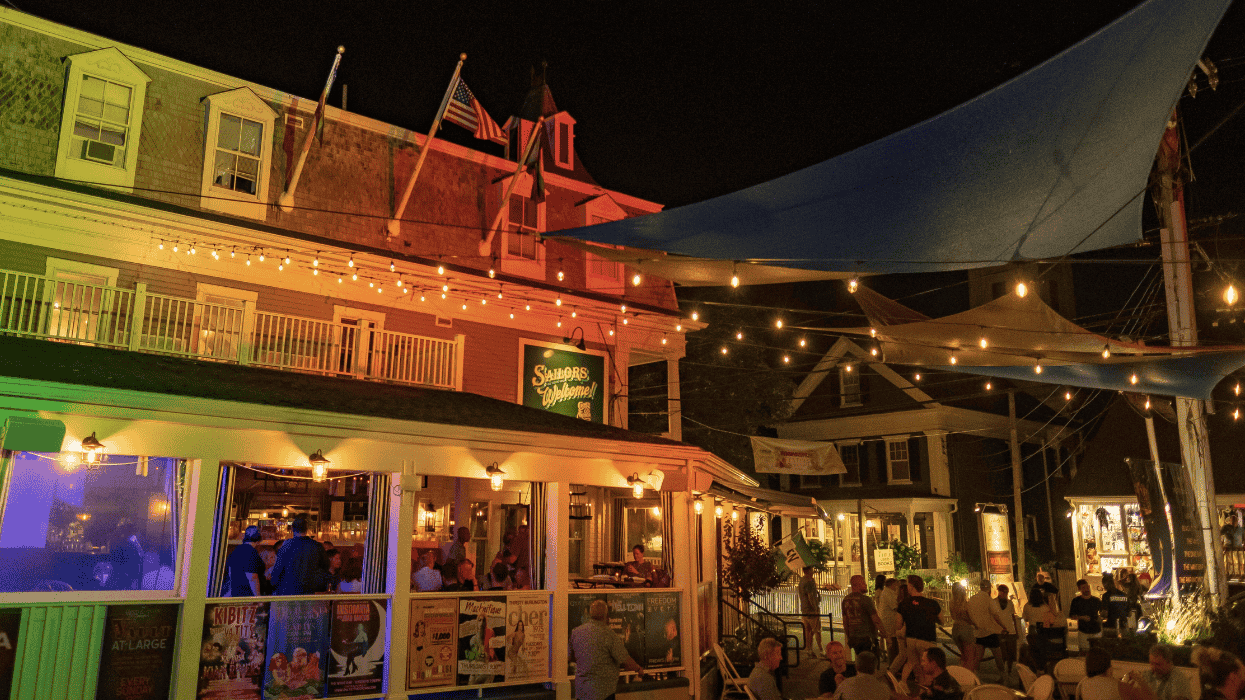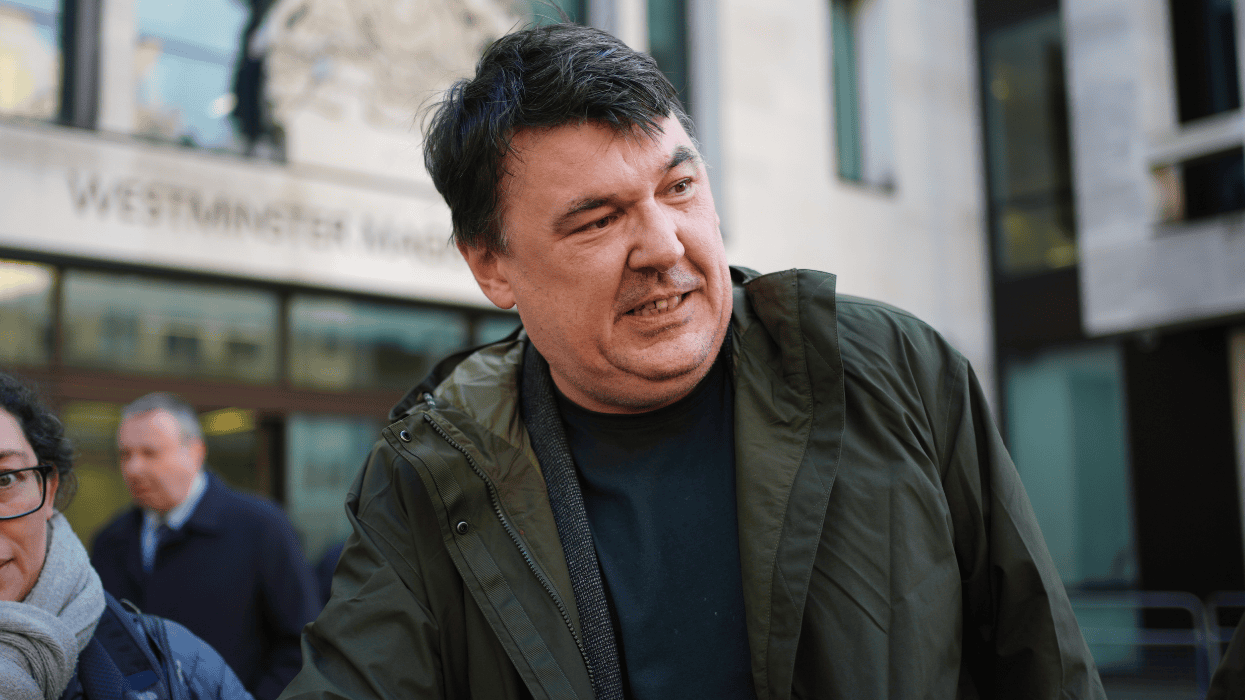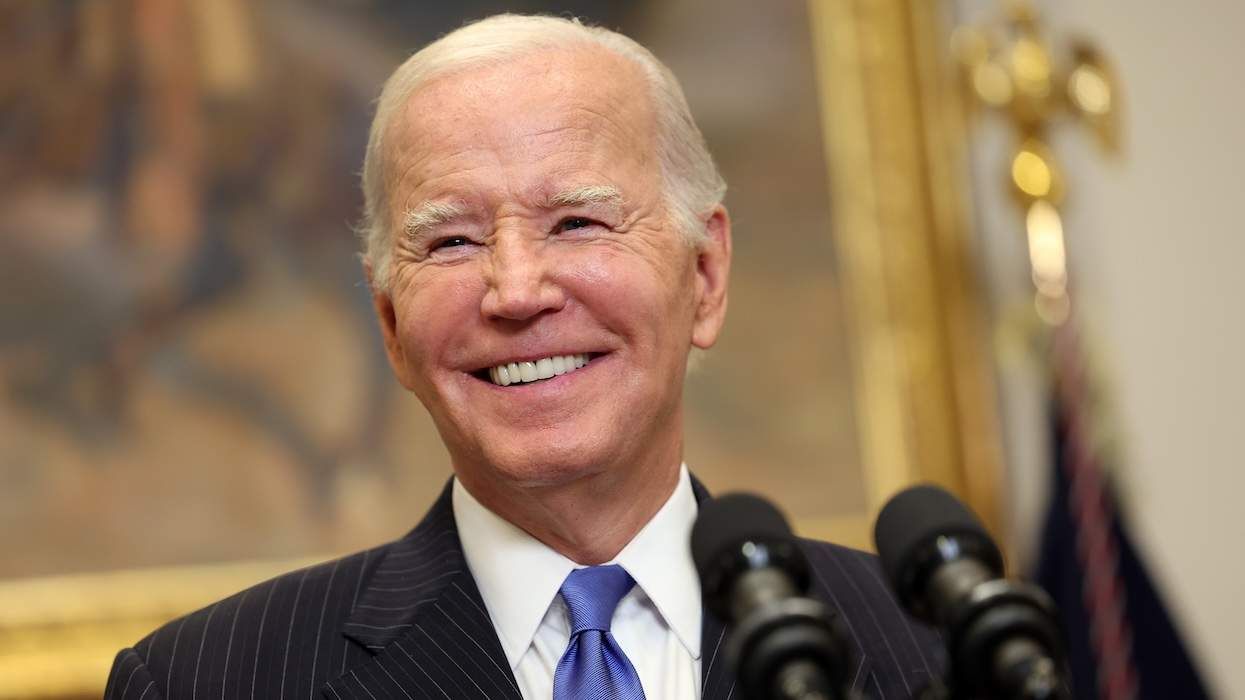A new study says homeless LGBTQ+ youth are at an increased risk of falling victim to human trafficking than compared to their cisgender, straight peers.
The Atlanta Youth Count, which was released Wednesday and led by Georgia State University sociology professor Eric Wright, found that that there is an estimated 3,372 homeless young people in the five-county metro area of Atlanta. Of the 736 homeless youth surveyed only 441 were "eligible" to complete the survey, among them the majority polled in the Atlanta area and were between the ages of 14 to 25. Of that, 54 percent said they have experienced human trafficking of some kind. The majority of respondents (56 percent) were Black LGBTQ+ youth.
The numbers increased significantly among transgender and gender non-conforming youth with 71 percent having experienced trafficking during their lifetimes, 65 percent of whom had become victims while homeless.
Nearly 44 percent of lesbian, gay, and bisexual youth experienced trafficking in comparison to 35 percent of their straight peers while homeless. Over the course of a lifetime, 61 percent of queer people experience trafficking, as compared to 51 percent of their peers.
The study reveals that 64.5 percent of transgender youth have experienced trafficking while homeless compared to 34.4 percent of their cisgender peers.
According to the United Nations Office on Drugs and Crime, human trafficking is defined as "acquisition of people by improper means such as force, fraud, or deception, with the aim of exploiting them" for labor or sex.
The report says that lesbian, gay, bisexual and transgender youth stand out as a particularly vulnerable group for trafficiking.
"We find that LGB and transgender youth both have a higher prevalence of trafficking compared to their heterosexual and cisgender counterparts, respectively," the report reads. "These youth require special attention in the provision of safe and secure services, as well as services that are grounded in trauma-informed care principles."
The study goes on to say that while cisgender women are often conceptualized as the main targets for trafficking vulnerablties, transgender respondents had "significantly higher rates of trafficking than their cisgender counterparts (including both male and female cisgender respondents)."
It continued: "The full spectrum of gender identity must be understood and accepted in order to fully serve transgender youth and effectively address the needs of trafficked youth."
"It's not just LGBTQ youth," Wright said in an interview with On Second Thought, "although as the research suggests, that they're much more likely to be victimized or trafficked in different ways."
Wright says that he hopes the report will call for a better solution to address youth homelessness.
"If we really want to get our hands around this, we really need to infuse a lot more resources and expand more housing opportunities and wraparound services for young people. This data are really pretty clear that we need to do early intervention."
RELATED | Tyler Perry's Historic Compound to House Homeless LGBTQ+ Youth


